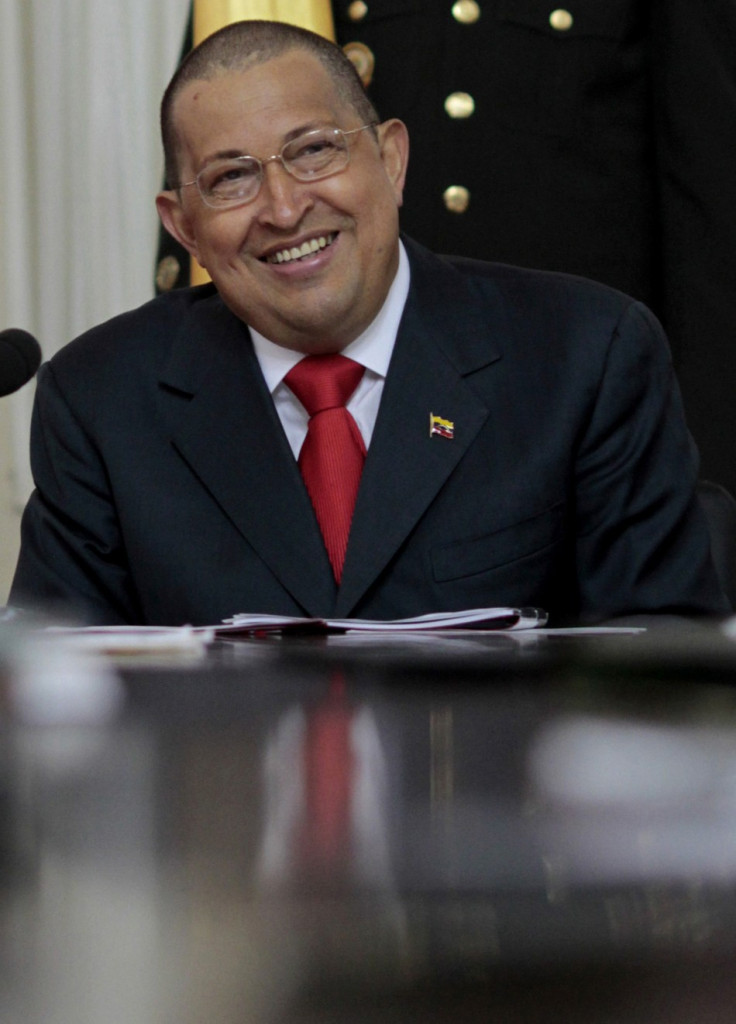Nationalizing Venezuela's Gold Miners: Causes & Consequences

Venezuelan President Hugo Chavez said on Wednesday he will nationalize the gold industry, including extraction and processing, and use its output to boost the country's international reserves.
The move follows a dispute between his government and foreign miners who say the rules limiting the amount of gold that can be exported from the South American nation hurt their efforts to secure financing and create jobs.
Toronto-listed Rusoro, owned by Russia's Agapov family, is the only large gold miner operating in Venezuela. Rusoro holds a 50 percent interest in the Isidora mine which produced 100,000 ounces last year.
The gold industry will be just the latest part of the economy to be put under state control by the socialist leader, who said he would issue the necessary decree in the coming days and called on the military to help control the sector.
"I have here the laws allowing the state to exploit gold and all related activities ... we are going to nationalize the gold and we are going to convert it, among other things, into international reserves because gold continues to increase in value," Chavez said in a phone call to state television.
The announcement came a day after an opposition legislator revealed a report showing the government's top finance officials were recommending the repatriation of 90 percent of Venezuela's gold reserves held abroad.
The government has not commented on the report, which the opposition legislator said Chavez had yet to approve.
"We've managed to increase the international reserves. We have close to 12 or 13 billion dollars in gold reserves. We can't allow it to continue to be taken away," the president said, referring to reserves held in banks overseas.
According to the report revealed by the opposition legislator, Venezuela has total international reserves of $29.1 billion. About 63 percent of that is in gold worth $11 billion held overseas and $7 billion at home, according to the report.
Venezuela has some of Latin America's largest gold deposits, buried below the jungles south of the Orinoco river. According to official figures, formal mining in the country produces 4.3 tonnes a year.
Chavez agreed last year to let gold miners export up to 50 percent of production, from 30 percent previously. The other 50 percent must be sold to the central bank.
But that did not satisfy foreign companies like Rusoro, which said the limits made it much harder for them to secure financing abroad, develop projects and create local jobs.
One victim of the dispute has been a huge but long-troubled project called Las Cristinas. It has been in limbo since the government canceled a development license with another Canadian miner, Crystallex, in February.
Rusoro had expressed interest in Las Cristinas, which has not been developed since the 1980s but has reserves estimated at 17 million ounces. Locals once found a 1-kilo (2.2-lb) nugget there.
But the company's chief executive told Reuters in an interview in June that it could not take on the project unless the government scrapped its export rules.
Sources at Rusoro said the company planned to make a statement on Wednesday's developments in the coming days.
© Copyright IBTimes 2024. All rights reserved.






















